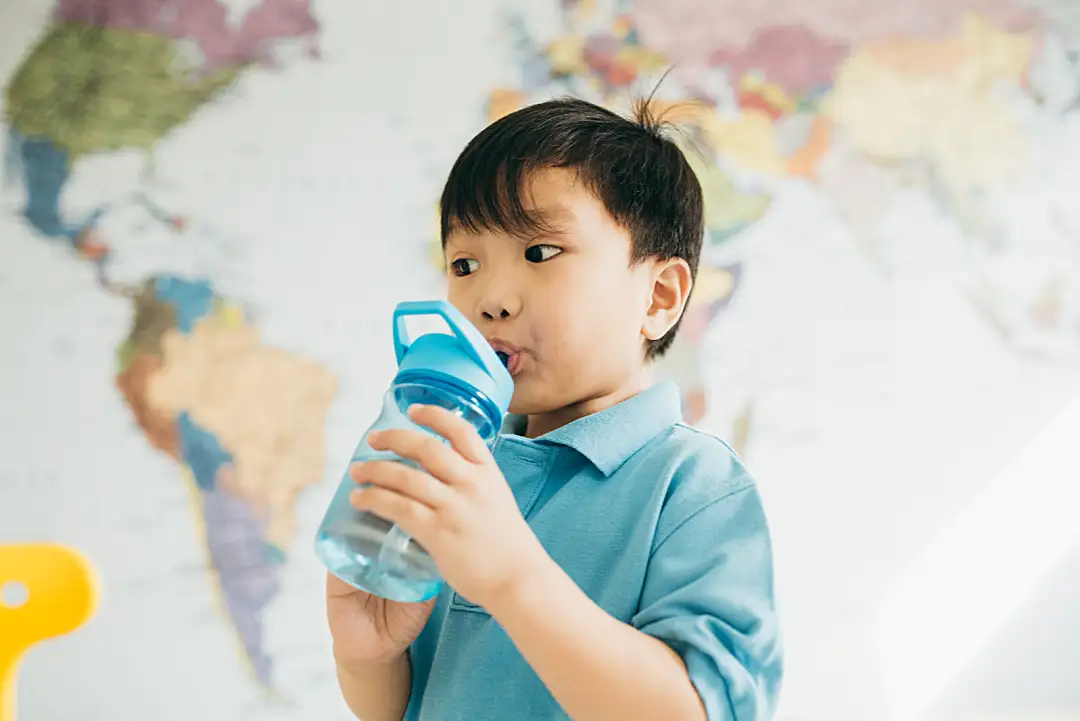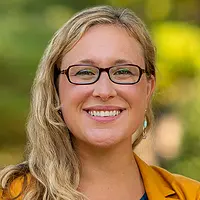
The adage that the days are long, but the years are short is never more apparent than during the summer months with little kids. Somehow, we are back-to-school again — with a long list of things to do for a smooth start to school this year.
For me, water bottles and access to clean drinking water throughout the day are on the list. It’s important for kids to drink plenty of water daily to support their growth and development. There are also two important clean water habits that schools can add to their own back-to-school checklists after summers, holidays, or even overnight breaks.
Flush the Plumbing
When school facilities close for the summer, water sits in the plumbing within the building. The longer water sits, the higher the likelihood that it will accumulate lead from the piping it is being held in. Early childhood exposure to any level of lead can cause permanent cognitive and behavioral difficulties including slowed growth and development, hearing and speech problems, lowered IQ and learning disabilities.
Unused plumbing may also become colonized by Legionella pneumophila — bacteria that can cause a type of pneumonia known as Legionnaires’ disease. Some schools across the country reported finding such bacteria in their water after COVID-19 closures caused prolonged stagnation of water in building piping and plumbing.
Schools can reduce the likelihood of lead and bacteria in a building’s tap water by flushing out unused water and replacing it with fresher water at each tap. The general rule of thumb is to flush water at every tap for at least a few minutes each for long-term closures like summer vacations and 1–2 minutes for holidays, weekends, or overnight closures. You can also flush your taps at home in the same way.
Testing for Lead Sets Students Up for Success
Aside from flushing water to bring in fresher water, another way to check that students have lead-free water is to test each tap. You cannot see, taste, or smell lead, so testing is the only way to know whether there is lead at the tap. At RTI, we’re leading efforts to test public schools and child care centers in North Carolina and Georgia. Additionally, we have at-home kits available for households.
By adding these simple clean water habits, schools can help ensure that students thrive this school year.
Jennifer Hoponick Redmon, MSES, MPA, CHMM, is the director of the Environmental Health and Water Quality program at RTI International, the founding director of the Clean Water for US Kids program, the program director of the Clean Classrooms for Carolina Kids program, and by trade is a Senior Environmental Health Scientist and Chemical Risk Assessment Specialist.
